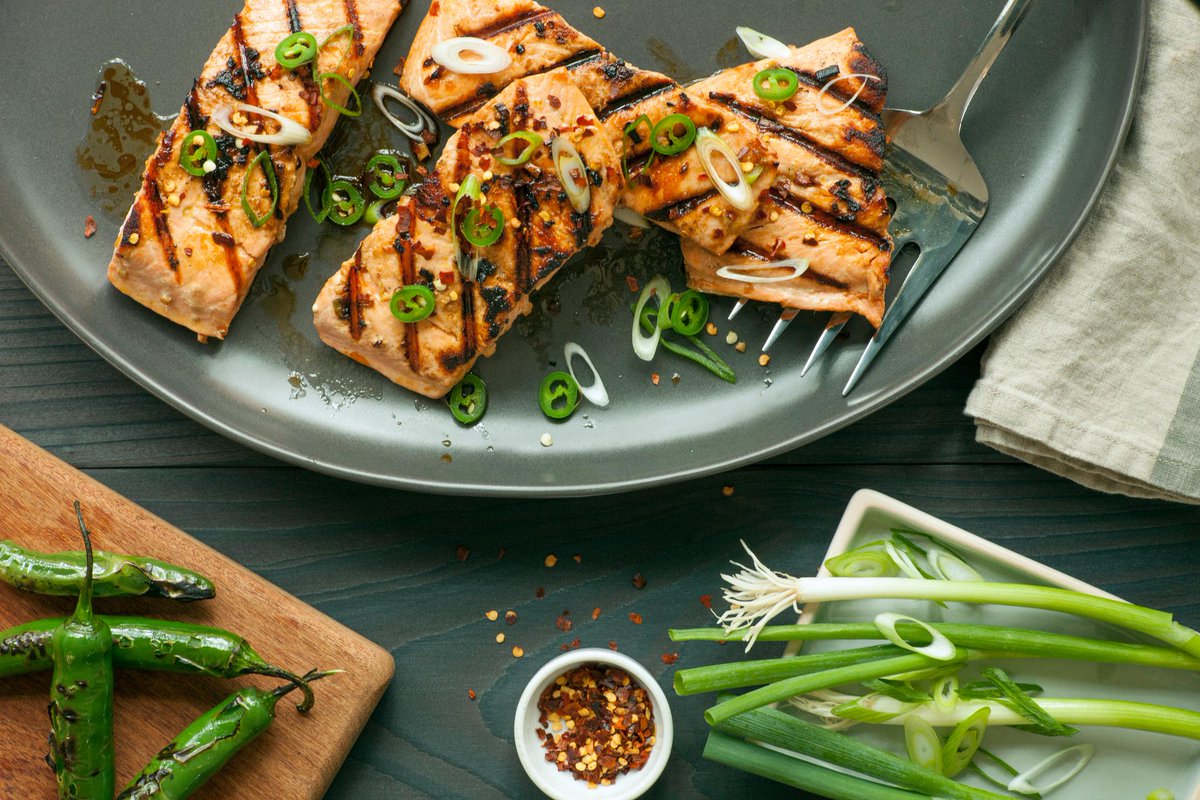
The modern world’s food diet has trained us to love eating foods that don’t help us achieve our goals; instead of leveraging whole foods that nature gives us. Our goals of feeling good, being happy, connecting well, achieving our potential, and so on; much of this has come with the addiction attached to processed foods.
Processed foods, simply put, are any kinds of food which have gone through a “process” from when the original ingredients were found in nature (or completely made in a factory) to when they were consumed by you. An example of processed food would be crackers, soda, cereal, ice cream, salad dressing, bread, etc. These things aren’t found in nature in their original form, they have to be created by man. Whole foods, on the other hand, are consumed while still pretty much in their natural state. Avocados, broccoli, sweet potatoes, rice, beef (if it’s organic, locally sourced and so on, more on this in the next program) are all examples of whole foods.
Whole foods tend to be much more easily digested by your body. They allow for higher amounts of nutrient uptake into the system.
This means more energy, less fat, and more mental clarity and focus. Processed foods are more difficult to digest, and unfortunately will make you feel worse through time, gain weight, feel sluggish and lethargic, and contribute to long term health problems. These foods are designed by people in laboratories to “taste better” than whole foods and be extremely addictive (like drugs), so you continually spend more and more money on them, to the detriment of your own health.
A simple mantra I use is that if God made it, it’s good for me. If a man made it, it’s worse for me. While not true 100% of the time, this saying makes it much easier for me to make better food decisions. But, for example, eating peanuts could be harmful to you if you have a peanut allergy.
-Elijah from Fit Start Fitness Academy



